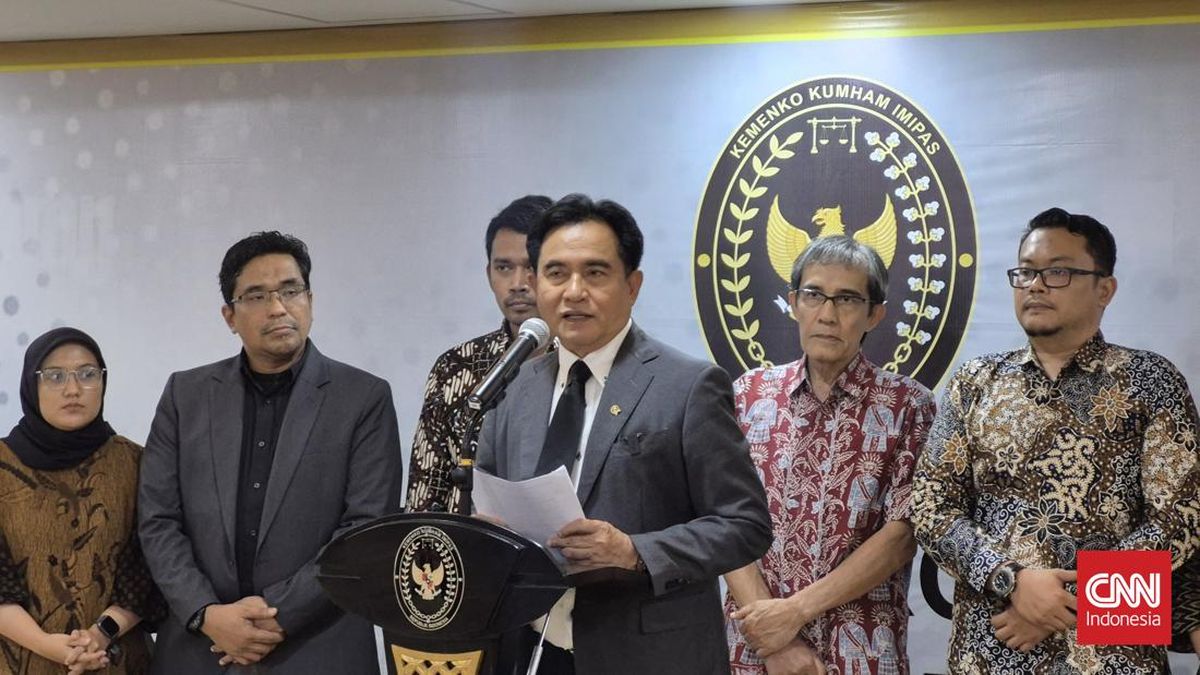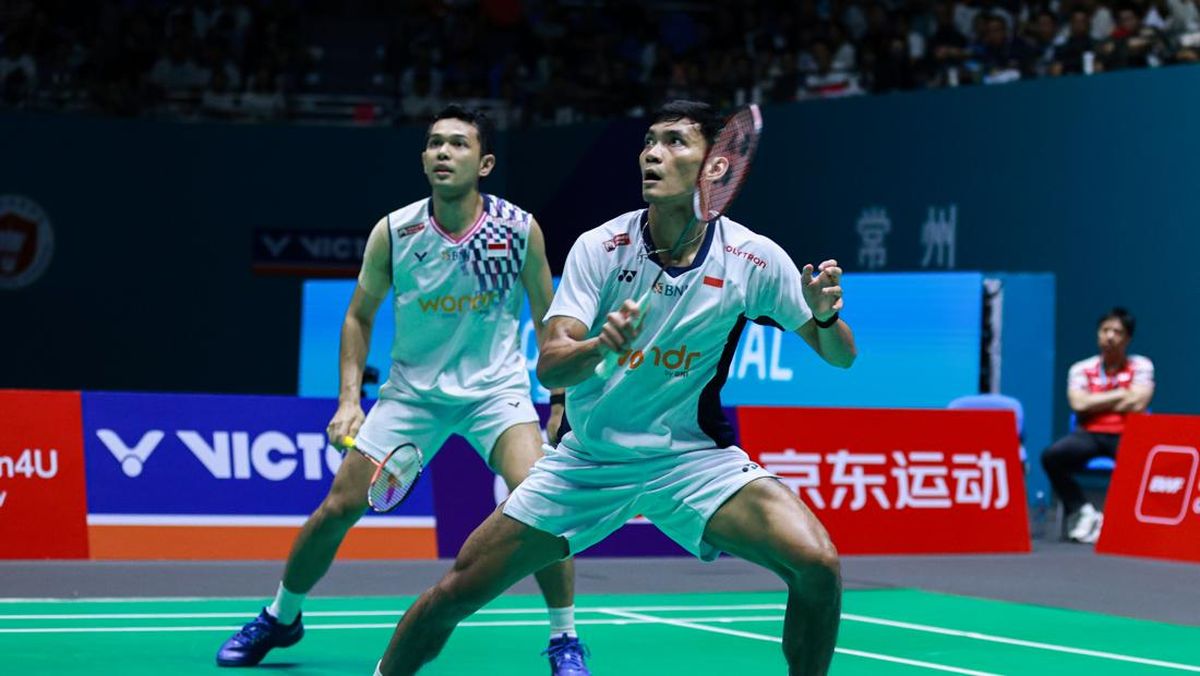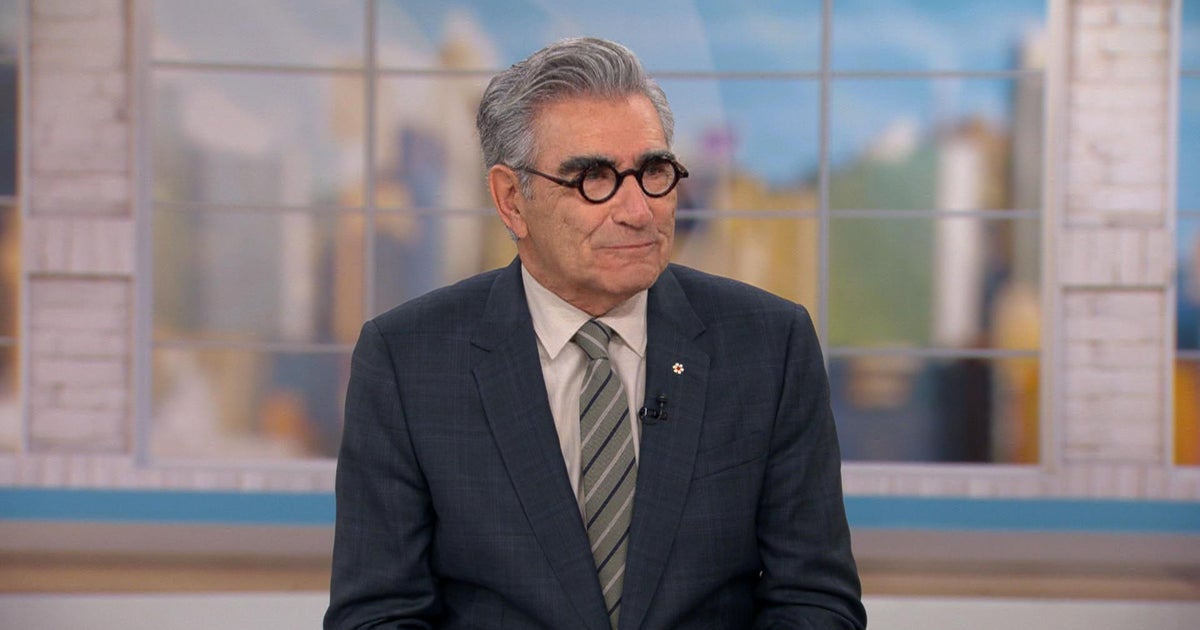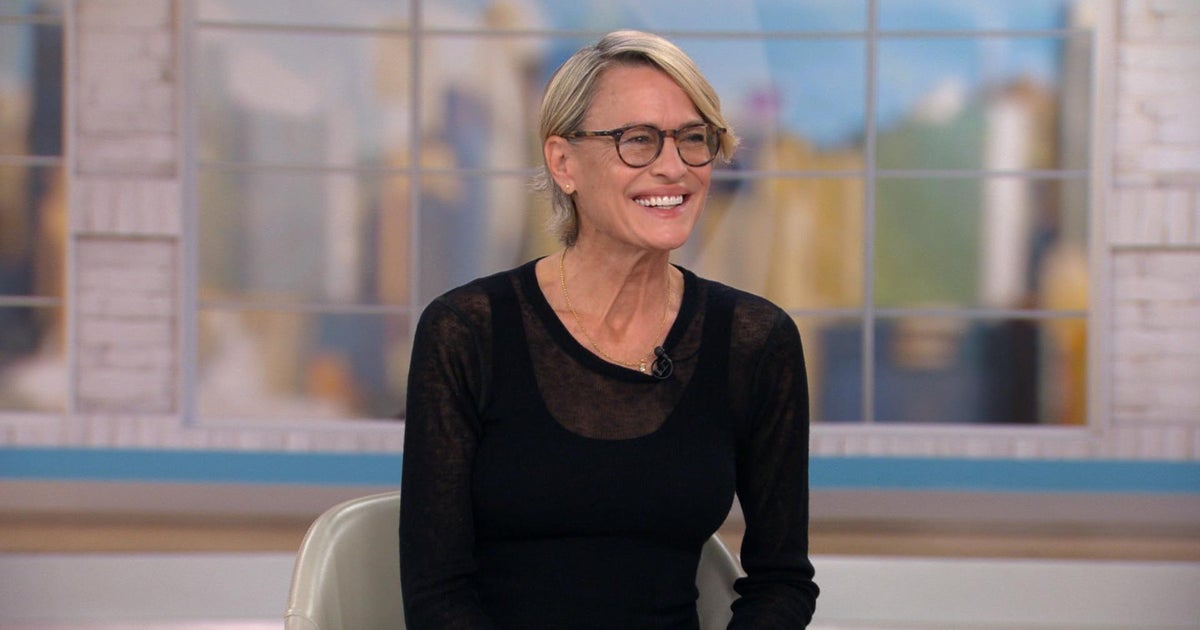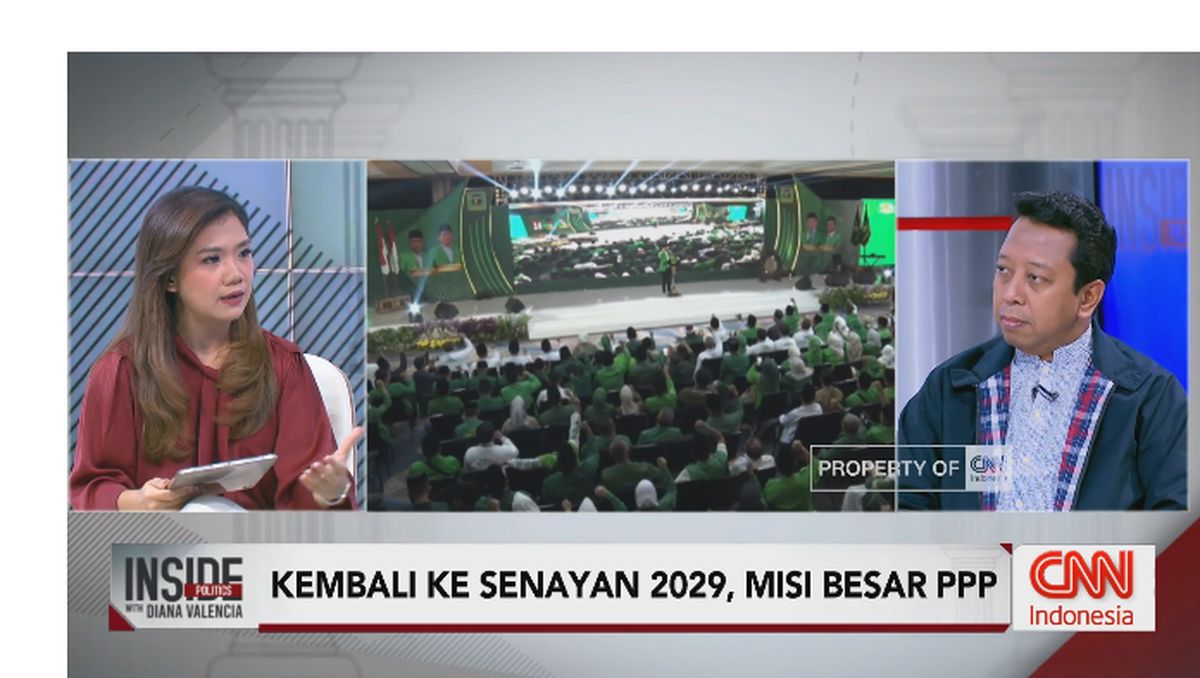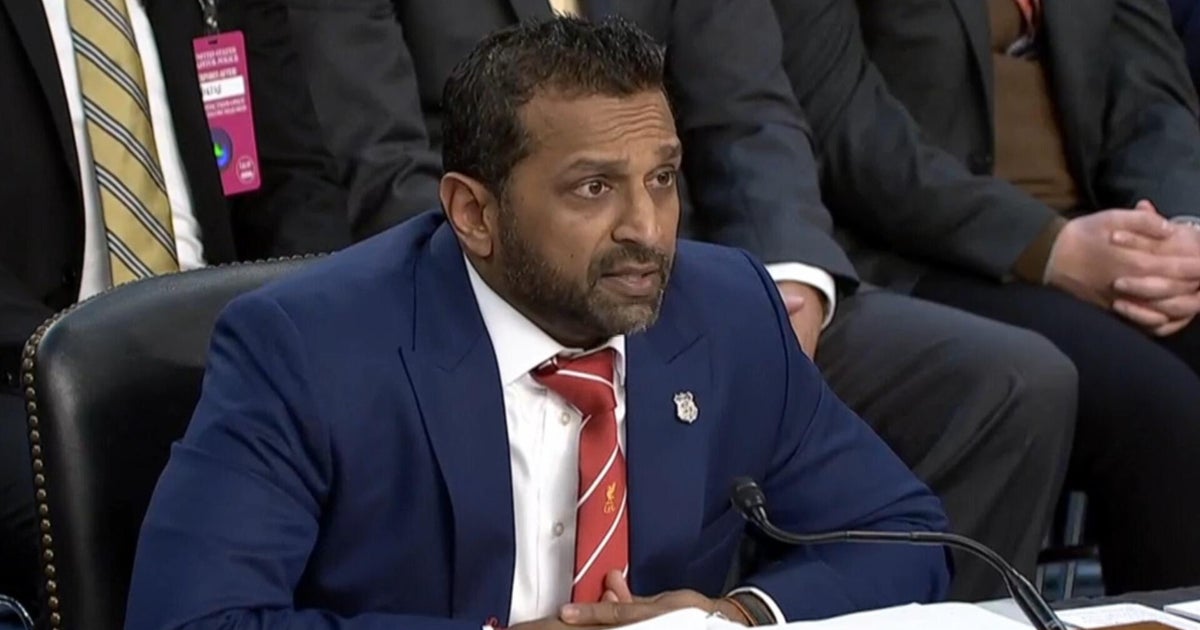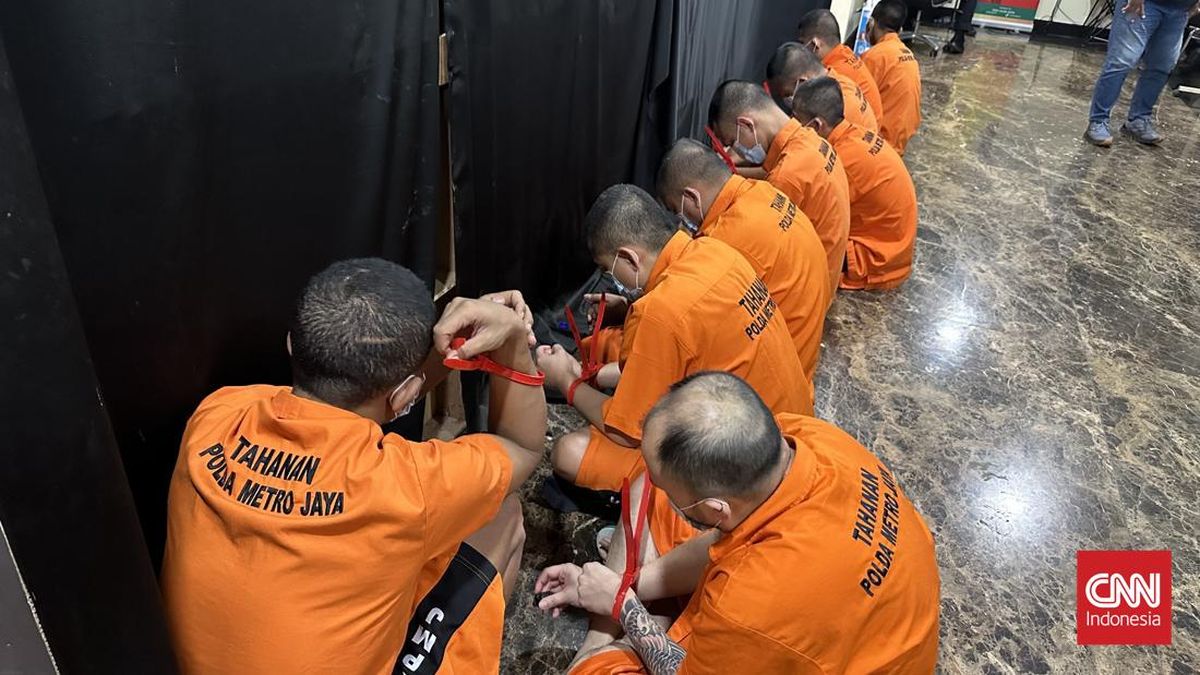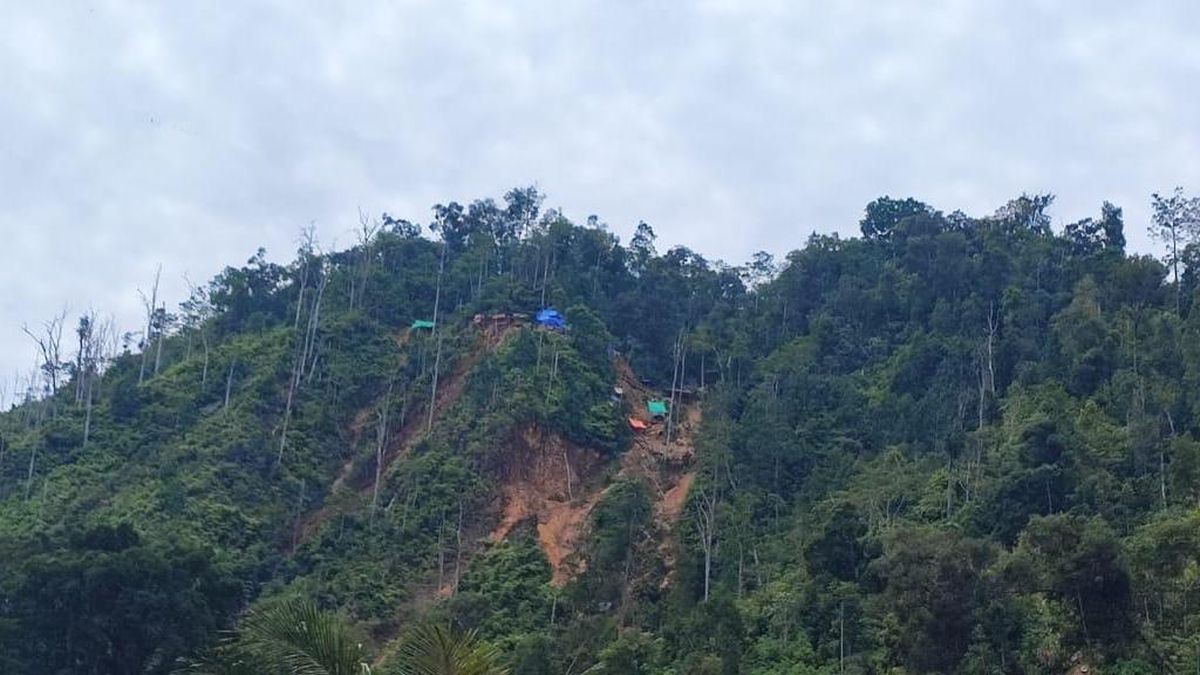Naomi Habib had always dreamt of studying English Extension 1 in her HSC. She had a “knack” for the subject, and knew it would scale well. However, coming from a small school in western Sydney, this was not an option – at least at not at first.
“My only consideration [when selecting subjects] was ‘what is available’ and ‘what do I enjoy’,” said Habib, now studying law and arts at UNSW.

Naomi Habib, now a UNSW law student, had to study English Extension 1 through distance education because her western Sydney high school did not offer the subject. Credit: Steven Siewert
While she was eventually able to study English Extension 1 via distance education, it was not the only subject she found difficult to access: economics was not offered, and her modern history class relied on substitute teachers for an entire term.
“When you have subjects that might scale a bit better, such as your extension subjects, they are not really offered,” said Habib.
Data shows the majority of HSC students who study advanced and extension versions of courses, including maths, English, science and history, score in the top two HSC bands. Last year, English Extension 1 had the highest proportion of students scoring the top band: forty-one per cent of students.
Loading
However, limited resources and teacher availability at some schools, including regional, rural and low socio-economic schools, means students can be locked out of taking more rigorous subjects that traditionally scale to higher results.
Last year, 14 per cent of students in major cities achieved the top band in their HSC, compared with just 2 per cent of students in outer regional or remote areas.
The Herald has spoken to several students who struggled to access high-scaling HSC subjects.
Habib said students often won’t know what subjects they are missing out on because the school doesn’t present these subjects as an option when it is time to choose.
“If you don’t know even know that, for example, economics scales exceptionally well, because it’s not available to you, how can that be a consideration for students looking to maximise their ATAR?”
In 2024, more than 95 per cent of English Extension 1 students, and 87 per cent of English Extension 2 students achieved in the top two performance bands, E3 and E4. In English Advanced, two out of three students, or 67 per cent, achieved a band five or six.
In Mathematics Extension 2, 86 per cent of students were awarded the top two bands, while 79 per cent of students in Mathematics Extension 1 achieved this top score.
Other subjects with a high percentage the cohort receiving bands five and six included Music 2 (84 per cent) History Extension (86 per cent), Drama (61 per cent), Visual Arts (66 per cent), and Textiles and Design (49 per cent).
Academic Dr Robin Nagy, from UNSW’s school of education, said capable students should lean towards extension and advanced versions of subjects, but it was important to not confuse “correlation with causation”, with more academic students taking these harder courses.
“The fact that a subject gets a lot of band fives and sixes is not a reason to pick that subject,” he said, explaining that the reason that some subjects get a disproportionate number of high bands is “typically because the people doing those subjects have an intrinsic motivation in the subject”.
“If you choose a subject based on what you love, you’re much more likely to do well in it and get a band five or six.”
However, for many kids, doing a subject they love is not always feasible.
Australian National University researcher Ben Archer, said for students in disadvantaged, regional and remote schools, subject selection is limited.
Loading
“Geographically speaking you will see a wider range of subjects being offered in larger areas particularly within large towns and capital cities. It comes down to financial viability,” he said.
It’s something Phoebe Britten, CEO of non-profit Inspire Tomorrow, which provides free tutoring services, has noticed in her work.p5mbphp5mbph
“A lot of tutors have reached out to us offering to tutor extension maths, extension english, extension science, but we had to say to them ‘we actually don’t have any students who request these subjects’ because in a lot of rural and remote towns these subjects are just not available’,” she said.
“Students are not able to take a higher level of a course simply because it is not on offer, or they have to travel to another school to take it.”
Engineering student Eamonn Lee knew which subjects would prepare him for a STEM university course: physics, extension mathematics, and software. He had a passion for these subjects; however, they were not available at his Nambucca Heads school.
Instead, he had to move to a school an hour away.

Engineering student Eamonn Lee moved schools to study the science subjects he would need to enrol in his degree. Credit: Steven Siewert
”I had to move away from a public school where I had built up this fantastic relationship with the teachers, I had friends, classmates I enjoyed being with, but I had to go,” he said.
Lee said it was only in year 12 that he realised the university course that he wanted to do, after not knowing anyone who went to university.
Loading
“I didn’t have people [from whom I could] passively absorb this knowledge and this atmosphere of learning; to understand the education system and what is needed to be able to go and attend university.”
Former NSW Education Standards Authority chair and one-time Board of Studies president Tom Alegounarias said it was important to remember not all band sixes were equal.
“Subjects are not all on an equal scale. They have to have integrity within themselves and reflect the nature of the subject,” he said.
While a higher proportion of students in some courses achieve higher marks, a NSW Educational Standards Authority spokesperson said, “there is no silver bullet to game HSC results”.
“No course is inherently more likely to get you a band 5 or 6 – students have to work hard for their results,” they said.
The spokesperson encouraged students at schools without certain subjects to “discuss the option of completing that course through other means such as distance education.”
The Morning Edition newsletter is our guide to the day’s most important and interesting stories, analysis and insights. Sign up here.
Most Viewed in National
Loading

